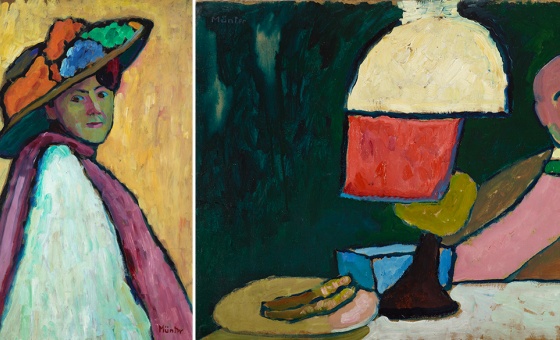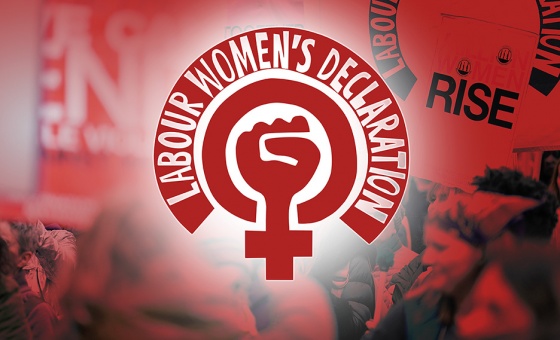This is the last article you can read this month
You can read more article this month
You can read more articles this month
Sorry your limit is up for this month
Reset on:
Please help support the Morning Star by subscribing here
STELLA ASSANGE thanked the spectrum of MPs who campaigned for her husband, WikiLeaks founder Julian Assange, to be freed during her visit today to Australia’s Parliament.
“Julian is overjoyed and so grateful to the Australian people, to the members of Parliament and to the government and also the opposition who came together to voice the need for his release,” Ms Assange said.
He husband has made no public comment since he arrived in Australia on Wednesday after pleading guilty to obtaining and publishing US military secrets in a deal with US Justice Department prosecutors that ended his 14-year legal battle for freedom.
The Bring Julian Assange Home parliamentary group began with a few MPs in 2019 and expanded to 47 as a consensus grew that the prosecution over WikiLeaks’ release of almost half a million documents relating to the US wars in Iraq and Afghanistan in 2010 had taken too long.
His lawyers now want to swing that public and political support behind a campaign to have Mr Assange pardoned.
“[US] President [Joe] Biden or any subsequent president absolutely can and, in my mind, should issue a pardon to Julian Assange,” lawyer Barry Pollack said.
But while Australian politicians largely agreed that the time had come for Mr Assange to be brought home, they disagreed on whether he deserved the same level of support as Australians recently released from detention in China, Iran and Myanmar thanks to government intervention.
Prime Minister Anthony Albanese has been credited with the diplomatic coup that enabled Mr Assange to be released from Belmarsh prison to travel to Northern Mariana Islands, a US colony in the Western Pacific, where he pleaded guilty to a single charge under the Espionage Act.
With credit given for the five years Mr Assange had spent in prison fighting extradition, he was allowed to return to Australia without serving any more jail time.
Opposition MPs argue Mr Albanese risked damaging relations with the US by telephoning Mr Assange moments after the transparency activist had landed in Canberra.
But Stella Assange argued her husband should never have been charged.
“He was pleading guilty to committing journalism,” she said.
“This case criminalises journalism, journalistic activity, standard journalist activity of news-gathering and publishing.”
Mr Assange was accused of receiving and publishing war logs and diplomatic cables that included details of US military wrongdoing in Iraq and Afghanistan.
His activities drew an outpouring of support from press freedom advocates, who heralded his role in bringing to light military conduct that might otherwise have been concealed from view and warned of a chilling effect on journalists.
Among the files published by WikiLeaks was a video of a 2007 Apache helicopter attack by US forces in Baghdad that killed 11 people, including civilians and two Reuters journalists.
Mr Assange has been celebrated by supporters as a transparency crusader but lambasted by national security hawks who claim that his conduct put lives at risks and strayed far beyond the bounds of traditional journalism duties.
Questioned at a news conference after Mr Assange’s return, Mr Albanese declined to say whether he considered him a journalist who had been wrongly pursued by US authorities.
“I think that there will continue to be different views about Julian Assange and his activity,” Mr Albanese said.
“My role as prime minister has been to firmly say that whatever the views that people have, there was no purpose to be served by this ongoing incarceration,” he added.
Australian Foreign Minister Penny Wong distanced the government from the Assange campaign for the crime to be pardoned.
“That is a matter for Mr Assange and his legal team and the decision on that is a matter for the United States,” Ms Wong said.
“What we are pleased about is that he is home. We did think his incarceration had dragged on,” she added.
Stella Assange, a South Africa-born lawyer who married her husband in prison in 2022, has given few clues to his future career.
“He plans to swim in the ocean every day. He plans to sleep in a real bed. He plans to taste real food, and he plans to enjoy his freedom,” she said.
“Julian is the most principled man I know, and he will always defend human rights and speak out against injustice, and he can choose how he does that, because he is a free man,” she added.










